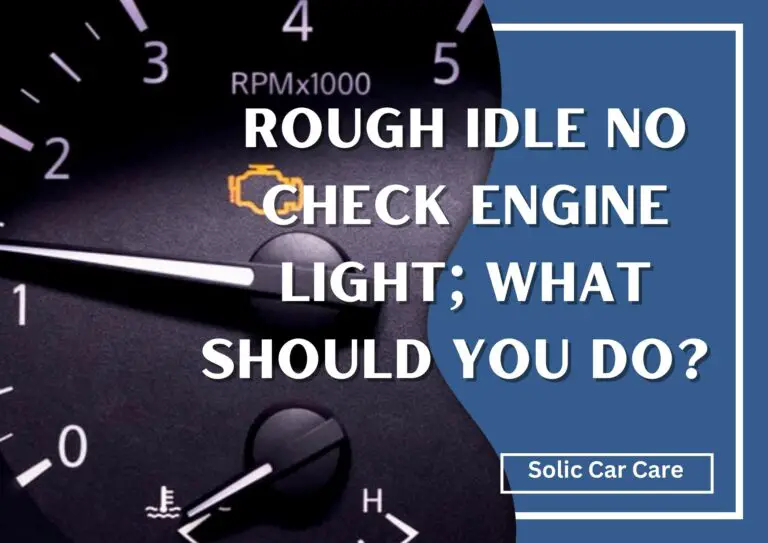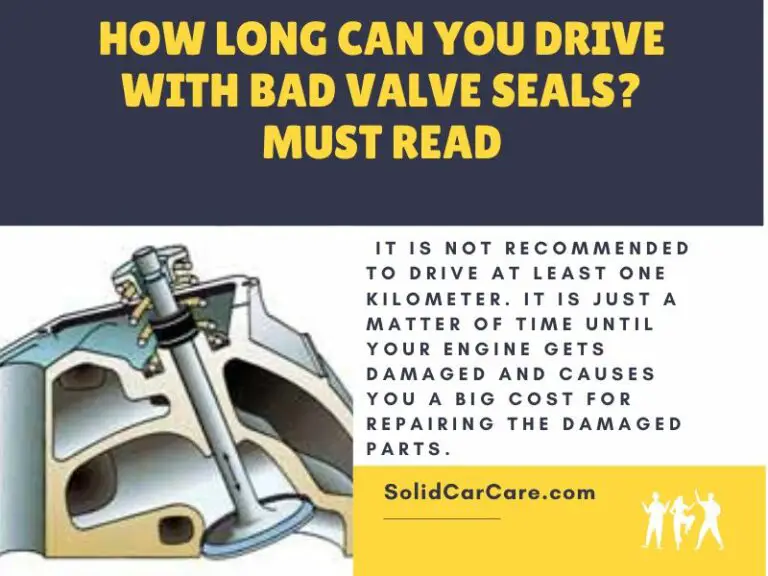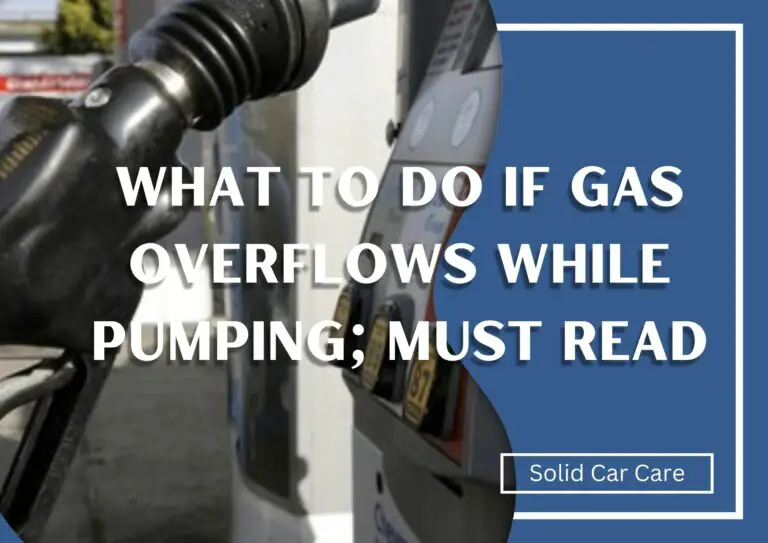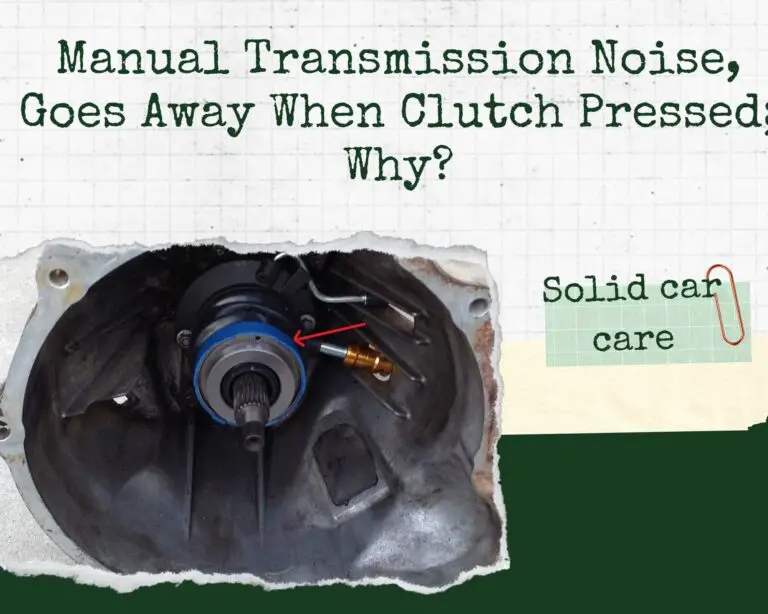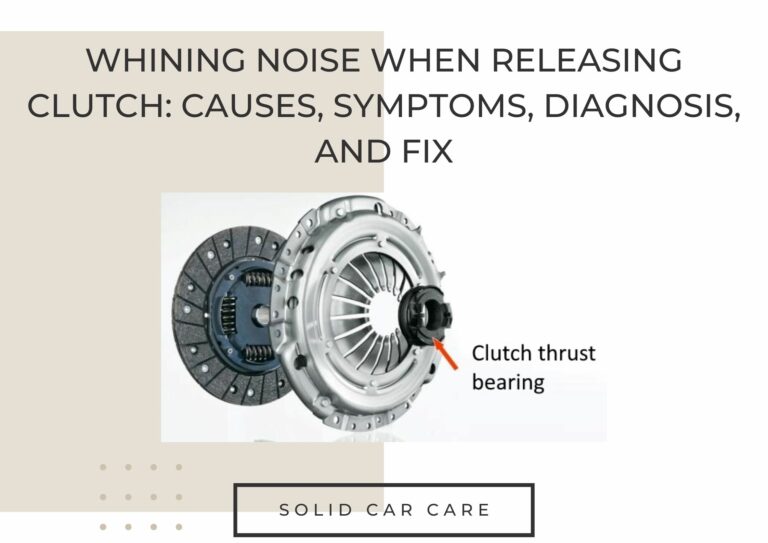Why Is My Car Humming? By Solid Car Care

If you’re driving and hear a constant humming sound, you may wonder what’s causing it. Humming noise in your car can be caused by various issues, and it’s important to address the problem early on to avoid more serious and costly repairs down the line.
In this post, we’ll discuss the common reasons why your car may be humming, how to diagnose the problem, and what steps you can take to address it.
Table of Contents
- Reasons Why Your Car May Be Humming
- How to Address a Humming Car?
- Why does the car make a humming noise when accelerating?
- Can you drive with a humming noise?
- Conclusion
Reasons Why Your Car May Be Humming
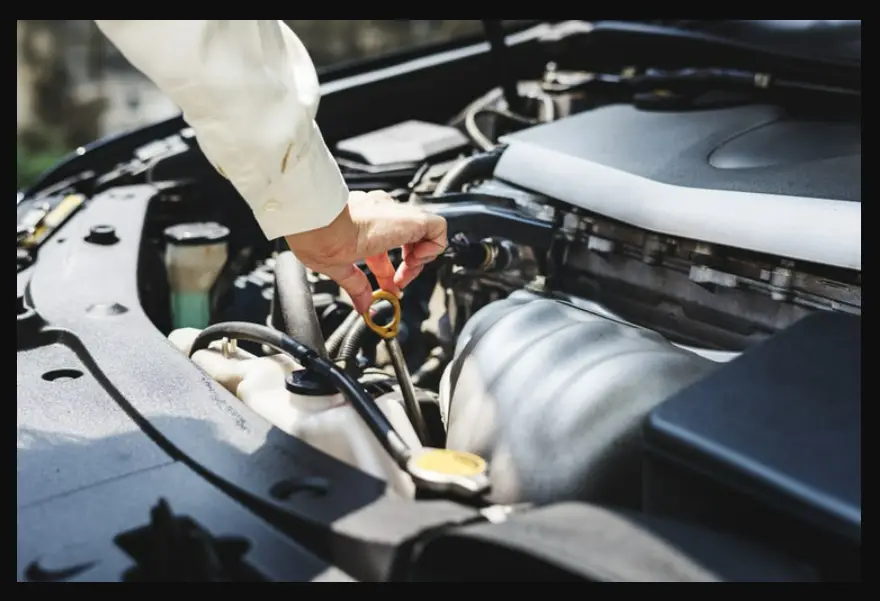
There are several reasons why your car may be humming. Here are some of the most common causes:
Worn Out Tires
If your tires are worn out, they can create a humming noise. To check if your tires are worn out, you can do a visual inspection. Look for signs of wear on the tread, such as flat spots or uneven wear.
You can also use a tread depth gauge to measure the tire tread depth. If the depth is less than 2/32 of an inch, it’s time to replace your tires.
Faulty Wheel Bearings
Wheel bearings are what allow your wheels to spin smoothly. When they become worn or damaged, they can create a humming or grinding noise.
Signs of faulty wheel bearings include a vibration or shaking feeling in the steering wheel or brake pedal, uneven tire wear, and a scraping noise while driving.
Damaged or Loose Muffler
Your car’s muffler is responsible for reducing the noise of the exhaust system. If it becomes damaged or loose, it can create a humming noise.
Signs of a damaged or loose muffler include a loud exhaust noise, a rattling noise while driving, and a decrease in fuel efficiency.
It’s important to repair or replace your muffler as soon as possible to avoid further damage to your car and prevent noise pollution.
Problems with the Transmission
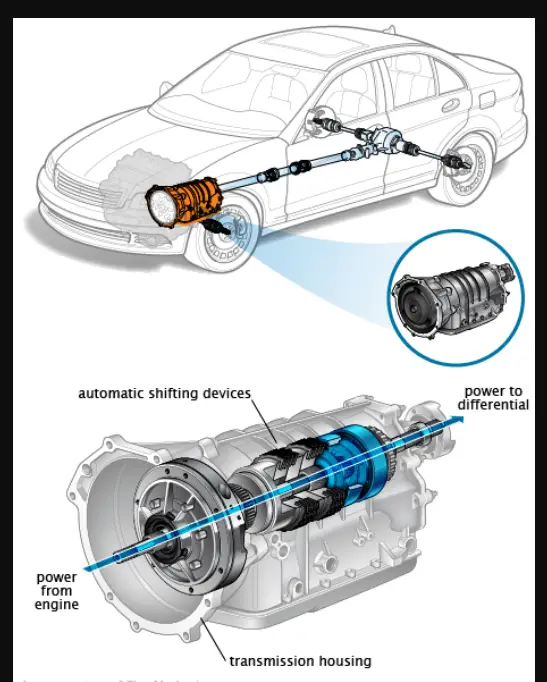
The transmission is what allows your car to shift gears and move forward or backward. If there’s a problem with your transmission, it can create a humming or whining noise. Signs of transmission problems include a delay in shifting gears, difficulty shifting gears, and leaking fluid.
Car Making Popping Noise When Parked; Causes And FIxing.
Solid Car Care
How to Address a Humming Car?
If you’re experiencing a humming noise in your car, there are a few steps you can take to address the issue:
Step 01: Diagnose the Problem
The first step in addressing a humming car is to diagnose the problem. Try pinpointing where the humming noise is coming from and what’s causing it.
Is the noise coming from the engine, the wheels, or the exhaust system? Is it a constant hum, or does the car’s speed change?
One way to diagnose the problem is to listen carefully while driving. Identify when the humming noise starts and stops, and if it changes when you accelerate or brake. You can also try driving on different surfaces to see if the noise changes.
Another way to diagnose the problem is to take your car to a mechanic for a diagnostic check. They can use specialized tools and equipment to pinpoint the problem and provide a diagnosis.
Step 02: Address Simple Problems:
If the problem is something simple, like worn out tires, you may be able to fix it yourself. For example, you can replace or rotate your tires regularly to ensure even wear. If the problem is with the exhaust system, you can check to see if the muffler is damaged or loose and tighten it or replace it if necessary.
Regular maintenance of your car can also prevent simple issues from turning into more complex ones. Regularly checking your tire pressure, changing your oil, and taking your car for tune-ups can help prevent issues like humming noises from occurring in the first place.
Step 03: Seek Professional Help for Complex Issues
If the problem is more complex, like faulty wheel bearings or transmission issues, it’s important to seek professional help. Attempting to fix these issues yourself can lead to further damage and safety risks.
A mechanic can diagnose the problem and provide the necessary repairs to ensure your safety and prevent further damage to your car. They may need to replace parts, such as the wheel bearings or transmission, or perform more complex repairs to fix the issue.
It’s also important to maintain your car regularly to prevent issues like humming noises. This includes regularly changing your oil, checking your tire pressure, and taking your car for regular tune-ups and check-ups.
Why does the car make a humming noise when accelerating?
When a car makes a humming noise when accelerating, it can indicate a problem with one of the car’s components. Various issues, including tire wear, wheel bearings, exhaust system problems, transmission issues, or engine problems may cause the noise.
If worn-out tires cause noise, the solution may be as simple as replacing or rotating them regularly to ensure even wear. Faulty wheel bearings can also cause the humming noise, and it’s essential to have a mechanic diagnose the issue and replace the bearings if necessary.
Exhaust system issues, such as a damaged or loose muffler, can also cause a humming noise. If this is the case, tightening or replacing the muffler can fix the issue.
Transmission and engine problems can also cause the humming noise, and it’s important to seek professional help from a mechanic if you suspect these issues. Delaying the repairs can lead to more serious problems and potentially dangerous situations on the road.
Car Making Humming Noise When Parked; Why?
Solid Car Care
Can you drive with a humming noise?
While you technically can drive with a humming noise, it’s not advisable to ignore the issue and continue driving without addressing it. Ignoring the humming noise can damage your car and potentially dangerous situations on the road.
Ignoring the humming noise can also lead to more expensive repairs in the future. If you address the issue promptly, you can prevent further damage to your car and save money on repairs.
Conclusion
A humming noise in your car can be caused by various issues, including worn out tires, faulty wheel bearings, a damaged or loose muffler, or problems with the transmission. To address the issue, you’ll need to diagnose the problem, address simple problems yourself, and seek professional help for complex issues. It’s also important to maintain your car regularly to prevent issues like humming noises from occurring in the first place.
Remember, ignoring a humming noise in your car can lead to more serious and costly repairs down the line and compromise your safety while driving. So if you hear a constant humming noise while driving, don’t ignore it. Diagnose the problem and take the necessary steps to address it promptly.
This blog post has been helpful in identifying why your car may be humming and what you can do to fix the issue. Taking care of your car and addressing issues early on can ensure a safer and more enjoyable driving experience.

